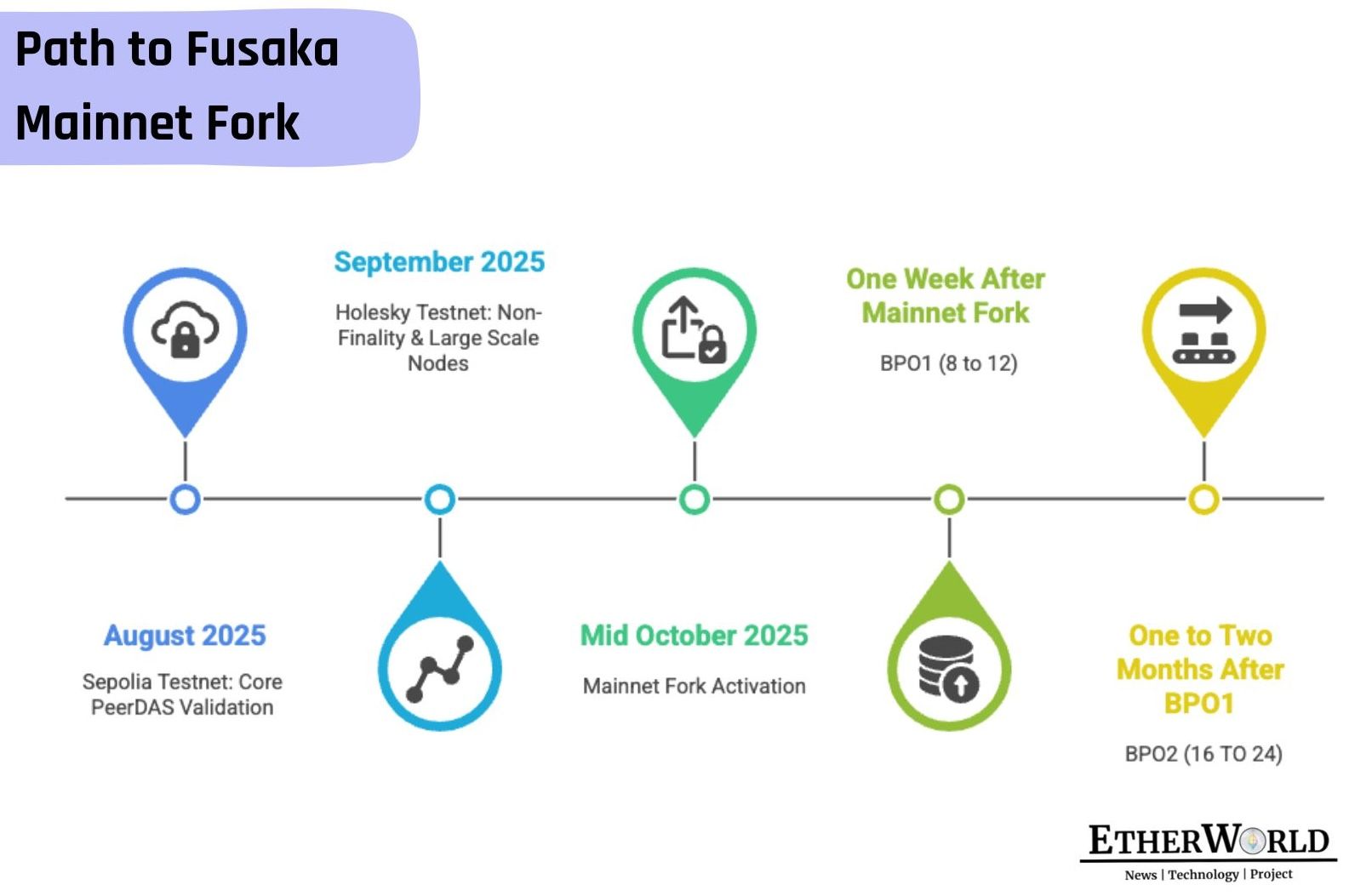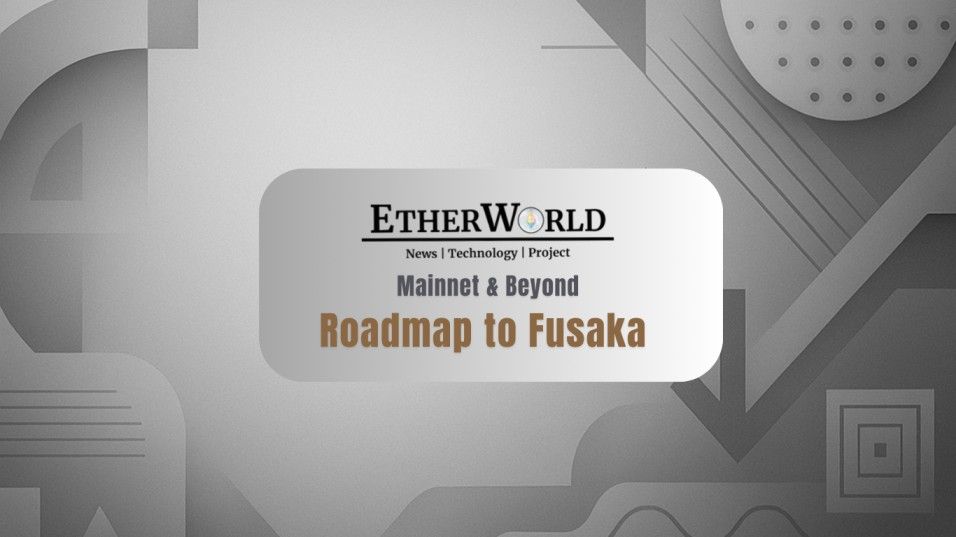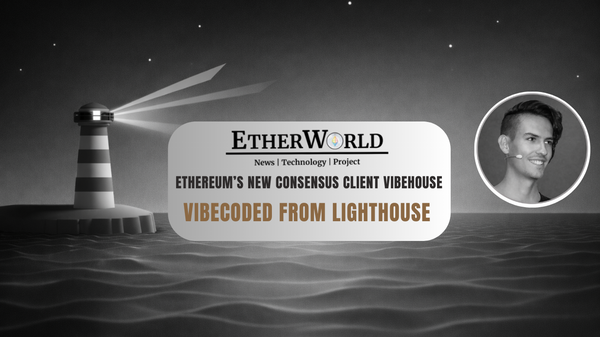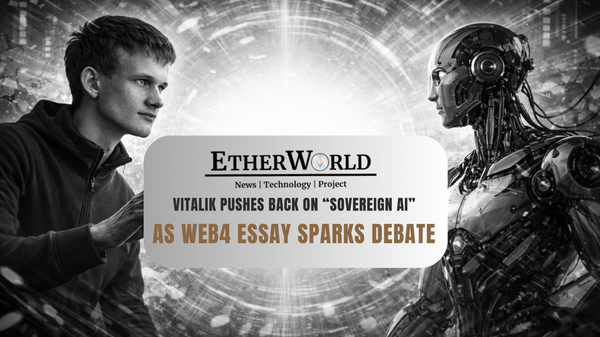Ethereum’s core developers have outlined the next steps for scaling the network, detailing the PeerDAS integration plan for mainnet and a two-phase Blob-Producing Operations (BPO) rollout tied to the Fusaka upgrade.
Table of Contents
PeerDAS Integration Plan
The Sigma Prime whitepaper “Shipping PeerDAS” lays out how Ethereum will bring the PeerDAS protocol to mainnet to enhance block proposal latency and reduce data availability costs. To verify performance, developers will launch large-scale testnets with finality disabled, targeting at least 1,000 nodes to measure sync speeds, gossip resilience, and failure modes under adversarial conditions. If these trials prove stable, a mid-October 2025 mainnet fork will activate PeerDAS at scale.
Two-Phase BPO Rollout
To gradually increase blob throughput without risking network stability, core devs have approved below BPO schedule following Fusaka activation.

This phased approach allows clients to implement changes incrementally while monitoring performance impacts.
Implementation & Updates
Stakeholders will receive weekly updates on testnet performance metrics, including block propagation times and validator health, via the ACDC channel. Client teams are already integrating PeerDAS testnet code and preparing CI pipelines for BPO parameter adjustments. These regular check-ins will ensure transparency and allow for rapid response to any issues as the roadmap progresses from specification to live deployment.
Conclusion
With clear plans for PeerDAS activation and a measured BPO rollout, Ethereum is poised to boost throughput and reliability. The community can look forward to detailed testnet results and coordinated progress updates as the network moves toward Fusaka mainnet and beyond.
If you find any issues in this blog or notice any missing information, please feel free to reach out at yash@etherworld.co for clarifications or updates.
Related Articles
- Ethereum Fusaka Devnet 0 Coming Soon
- Will Fusaka Be Ready in Time? Vitalik's 2025 Vision
- Glamsterdam: The Next Upgrade After Fusaka
- Ethereum Developers are Rethinking Transaction Signatures & Authority
- Censorship Resistance Vs Scalability
Disclaimer: The information contained in this website is for general informational purposes only. The content provided on this website, including articles, blog posts, opinions, and analysis related to blockchain technology and cryptocurrencies, is not intended as financial or investment advice. The website and its content should not be relied upon for making financial decisions. Read full disclaimer and privacy Policy.
For Press Releases, project updates and guest posts publishing with us, email to contact@etherworld.co.
Subscribe to EtherWorld YouTube channel for ELI5 content.
Share if you like the content. Donate at avarch.eth.
You've something to share with the blockchain community, join us on Discord!








